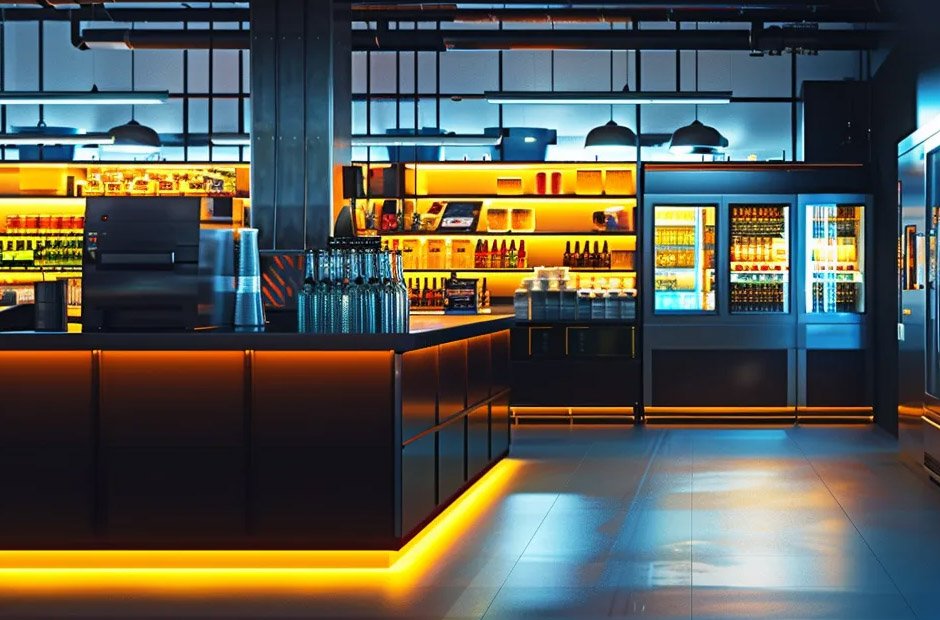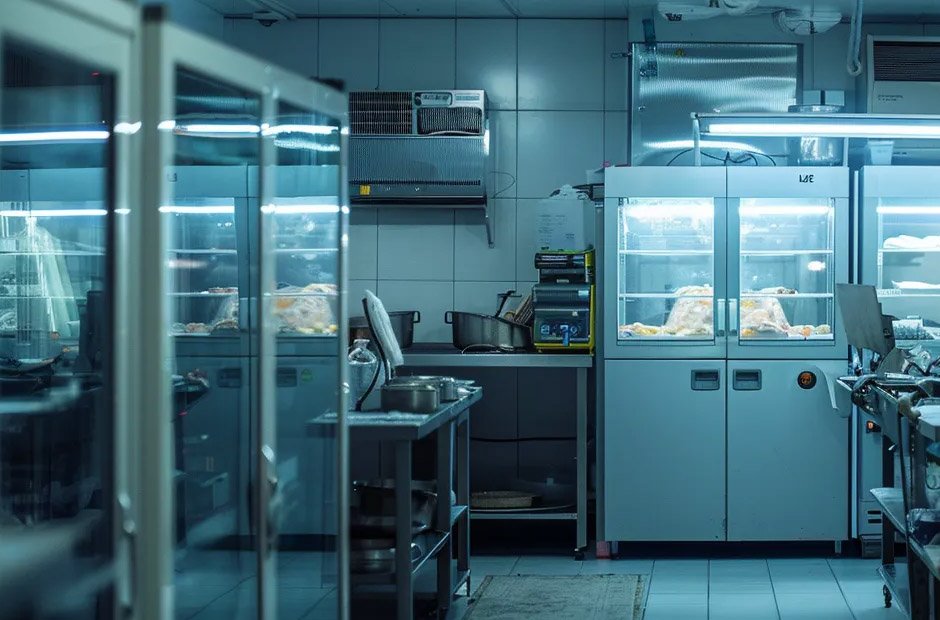As diners increasingly demand freshness and quality in their dining experience, the significance of having robust commercial refrigeration cannot be overstated. Preserving perishables at optimal temperatures ensures both safety and taste, factors critical to the success of any culinary establishment. Efficient and reliable refrigeration systems contribute to sustainable operations and reduced overhead costs. Understanding the impact and necessities of such technology is paramount for restaurant owners aiming to thrive in a competitive market. Keep reading to explore the fundamental reasons why upgrading to high-quality commercial refrigeration technology is integral to your restaurant’s success.
The Essential Role of Commercial Refrigeration in Food Safety
Commercial refrigeration is crucial to food safety in restaurants, helping prevent foodborne illnesses by slowing bacterial growth through proper chilling. Reliable units protect both customer health and a restaurant’s reputation, offering features like uniform temperature control and built-in alarms that ensure safe storage and regulatory compliance.
Beyond basic cooling, specialized equipment like blast chillers rapidly lowers food temperatures to preserve quality and safety. Regular maintenance, along with proper staff training, is key to keeping systems running efficiently and ensuring long-term food safety standards are met.
How Quality Refrigeration Impacts Your Restaurant’s Bottom Line
Investments in commercial refrigeration can significantly improve a restaurant’s financial health. Efficient cooling systems reduce energy consumption, leading to lower utility bills and smaller carbon footprints. Reliable refrigeration reduces food waste by keeping produce fresh for longer periods, improving cost management and higher profit margins.
This preservation of food quality also enhances customer loyalty and repeat business. Advanced refrigeration units streamline kitchen operations, with precise temperature control and easy access designs, reducing labor hours and stress. The right refrigeration technology can enhance financial stability by reducing downtime due to equipment malfunction and expenses on emergency repairs or unplanned food orders, allowing for better capital allocation to other growth-centric areas.
Enhancing Customer Experience with Reliable Commercial Refrigeration
A memorable dining experience relies on the quality of food served, and dependable commercial refrigeration is crucial for maintaining fresh, well-preserved ingredients. This dedication to using top-tier ingredients reflects the restaurant’s brand image and helps carve a niche in a competitive industry.
A well-operated cooling system helps achieve consistency and superior taste, building a loyal customer base. Quality refrigeration also benefits the front end of the restaurant, ensuring impeccable beverage service and visible cleanliness. Elegant display refrigerators can enhance the aesthetics of a restaurant while showcasing the quality of ingredients used in dishes.
The Link Between Commercial Refrigeration Efficiency and Sustainability Practices
Sustainability practices are crucial in the foodservice industry, as they reduce a restaurant’s environmental footprint and appeal to environmentally conscious customers. Advanced refrigeration technology uses greener refrigerants with lower global warming potential and ozone-depleting characteristics, ensuring compliance with regulations and contributing to climate change mitigation.
Modern refrigeration units have efficient designs and proper insulation, reducing energy consumption and waste. Energy management systems can optimize usage patterns and reduce waste. Old equipment often lacks optimized performance, leading to constant repairs and high energy consumption. Upgrading to high-efficiency refrigeration equipment is a long-term investment in sustainability, becoming a cornerstone of brand identity and customer loyalty.

Evaluating Your Restaurant’s Refrigeration Needs to Meet Industry Standards
When selecting commercial refrigeration, consider your restaurant’s current and future needs, including size, menu complexities, and food storage volume. Compliance with industry standards is crucial for quality and safety, so choose certified units that meet health, safety, and environmental guidelines. Technical support and warranty are also important, as quality manufacturers offer robust customer service and warranties to ensure smooth operations.
Customization options, such as flexible shelving, split compartments for temperature adjustments, and adaptable designs, can optimize kitchen efficiency and address unique storage requirements. Industry consultations can provide valuable insights into making informed decisions that align with your restaurant’s goals. By doing so, you can ensure your business operates smoothly and efficiently.
Altogether, investing in quality commercial refrigeration is more than a functional necessity; it’s a strategic move that benefits every facet of your restaurant’s operation. From food safety to customer satisfaction, and from fiscal responsibility to environmental sustainability—each element is interlinked with the choices made regarding your cooling infrastructure.



